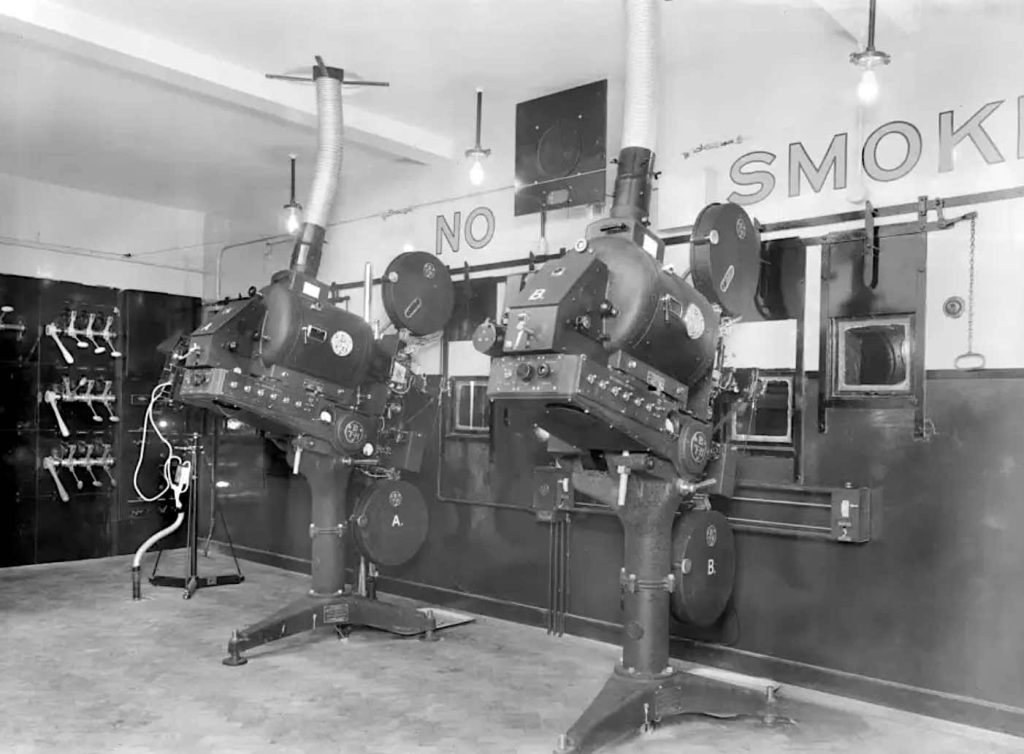OTD in early British television: 25 July 1939

John Wyver writes: Under the headline ‘Film workers & television: wide effect on entertainment’, the Daily Telegraph on 25 July 1939 carried a fascinating report of a speech made the previous day by Robert Finnigan as the presidential; address to the annual conference in London of the National Association of Theatrical and Kiné Employees. As the paper’s industrial correspondent noted, ‘The conference represents many thousands of workers in all departments of the film trade.’
The paper summed up the speech’s theme as follows:
The Luddites – bands of mechanics who organised riots in 1811-16 – smashed machinery. The modern worker should adapt himself to innovations and co-operate with the employers.
Finnigan was concerned with the development of television and its impact on the film industry, and he announced that the conference would adjourn the following day to see a television demonstration in a West End cinema and hear a technical explanation.
As Finnigan said:
The development of television is the most important issue affecting the entertainment industry to-day. The day. is not far av;aawayv. when television will change the very basis of the entertainment industry as the railways changed the stage coach system of transport.
Television will affect the drama. the theatre and music hall. and the cinema and film studio in different and unrelated ways. Yet in certain respects it will affert them all similarly. It may lead eventually to the subordinat1on of one or other of present day forms of organised entertainment. On the other hand. it mav strengthen one or the other of them.
Finnigan was especially concerned about the development of ‘cinema television’, which was starting to make a success of showing live television images on large screens in film theatres.
The theatre and the cinema should not be too severely criticised if for the moment thev see in the public diffusion of television a curious menace. The livelihoods of many of those whom you and I represent today are involved. Whatever we do we must not sit back and wait for the tide to come in to submerge us. We must prepare now intelligently to adapt ourseIves to whatever the future has in store for us.
The teacher of the future will not re]y on dusty books of history to teach his pupils. He will go to his school library and bring down from the shelf ‘someth1ng in a tin box’ in which will be recorded the actual happenings of generations past. There his students will see the men and women of long ago talking and walking as they did when on earth – individual life perpetuated and captured for all time.
Our members, particularly projectionists, should take a keen interest in this wonderful and awe-inspiring medium. Projectionists ought to lose no opportunity to make themselves conversant with the mechanical and technical sides of television. We shall help as much as possible. It is for us and the employers to co-operate.
Image: Projection box, Odeon Cinema Guildford, around 1930 to 1939. © Historic England Archive.
[OTD post no. 220; part of a long-running series leading up to the publication of my book Magic Rays of Light: The Early Years of Television in Britain in January 2026.]
Leave a Reply